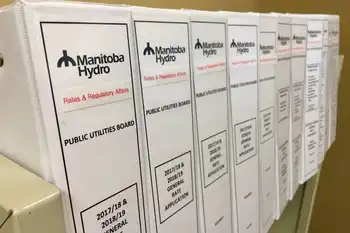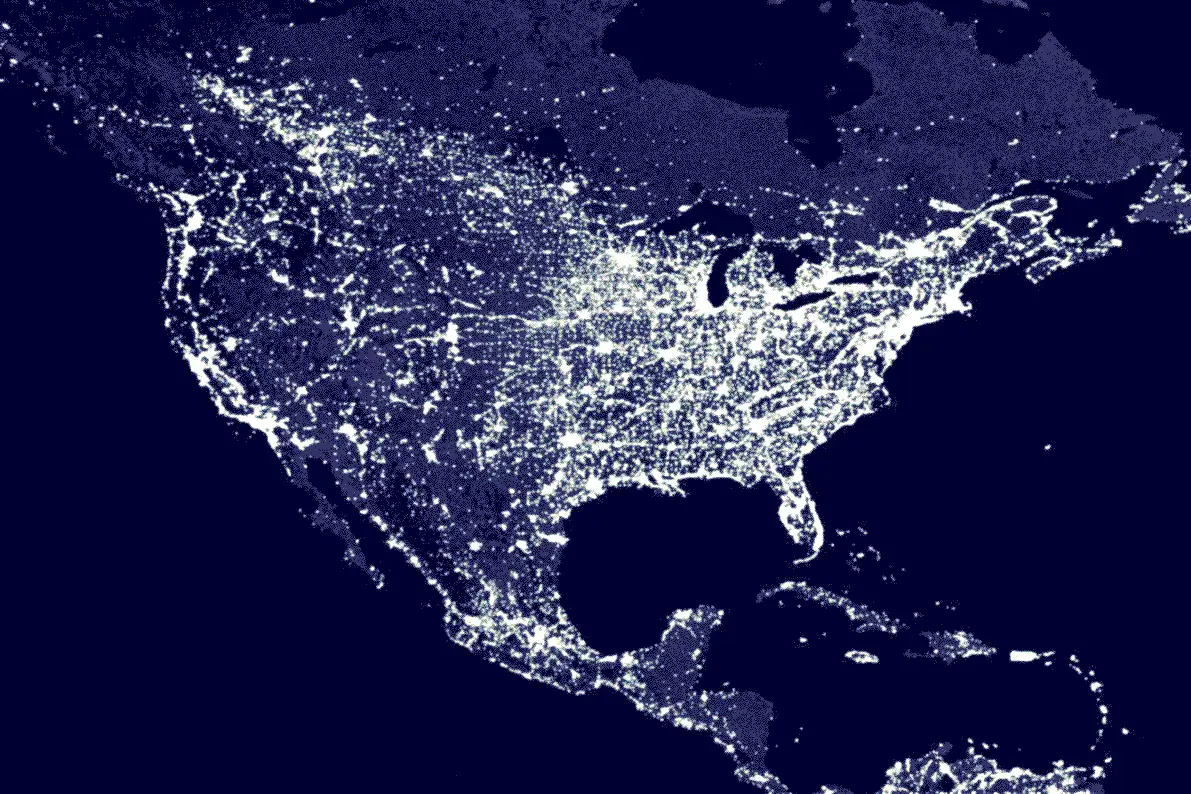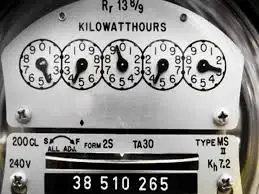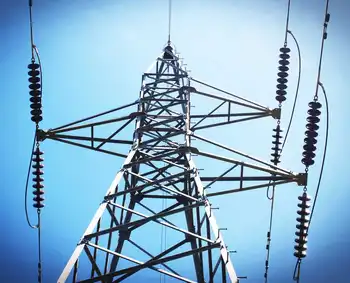Heating bills “outrageous”, say customers
WILSON, NORTH CAROLINA - Jeannette Bray keeps her home thermostat at 65 degrees. Some weeks she shuts off the heating upstairs and bundles up in layers of clothing.
Still, her energy bill from mid-December to mid-January came to $682.09 for electricity and natural gas heat. The $436.84 portion for electricity covered the lights and other basics.
"I'm never comfortable," Bray said. "You're just cold all the time."
Bray lives in Wilson, a city about 50 miles east of Raleigh that merits the unenviable distinction of having among the highest utility rates in the state. Residents get electricity and natural gas directly from their city government and pay about 50 percent more for power than customers of Progress Energy and Duke Energy and about 30 percent more for natural gas than PSNC Energy customers pay.
Residents in this city of 49,000 were stunned by the size of their utility bills this winter, in some cases triple the expected amount. The monster bills have led to packed city council meetings and calls for an independent audit. More than 3,000 have joined the Facebook group, "Tired of Paying HIGH utility bills in Eastern NC!" where charges of fiscal mismanagement fly against city officials.
The NAACP has taken up the cause as well, and plans to hold a rally in the city later this month.
"This is a situation where individual rights are being violated," said the Rev. Alonzo Braggs, president of the Wilson branch of the NAACP and pastor at Bethel AME Zion Church in nearby Stantonsburg.
City officials blame the higher bills on a convergence of unfortunate events: a 4-week cold snap, a costly upgrade to the municipal electric system, and delays in meter reading that caused some residents to get billed for 36 days — adding an extra week's worth of power costs.
"At any given time our rates reflect the direct cost of service," said Fred Horne, utilities director. "We have reached a point in our system where we had to build additional infrastructure, not only to serve existing customers but also customers of the future."
The public outcry could be a foretaste of what public officials across the state can expect in response to rising energy costs. North Carolinians have long had some of the cheapest energy prices in the nation. But power costs are expected to rise in this state and elsewhere in the coming years as utilities build power plants, replace infrastructure and comply with environmental guidelines.
"All the pressures are for higher rates," said Robert Gruber, director of the Public Staff, the state's consumer advocacy agency in utility rate cases. "I don't want to be an alarmist, but I am concerned about it."
Wilson is one of several dozen towns and cities in the state that provide municipal electric service, a throwback to an era when cities organized to buy wholesale electricity from big power companies and keep operations local. Municipal utilities are controlled by city councils or local commissions and can divert proceeds to pay for roads, parks, city vehicles and other public needs.
About three decades ago, 32 towns in the eastern part of the state banded together to form the N.C. Eastern Municipal Power Agency. The group borrowed $3.55 billion and bought a minority stake in Progress Energy's power plants. The towns couldn't have picked a worse time: They locked into a long-term debt obligation when interest rates were sky-high and the Shearon Harris nuclear plant was experiencing massive cost overruns. That debt shows up in each customer's monthly bill, and it won't be paid off until 2025.
The power agency supplies electricity to Wilson and other municipalities; it has raised the rates it charges nearly 33 percent in the past five years. The increases covered rising operating costs, the soaring cost of coal for power plants and losses to investment income, said Ken Raber, the power agency's senior vice president. The power agency and the municipal utilities do not require approval from the N.C. Utilities Commission to raise rates.
The power agency's rates affect each municipality differently, depending on a town's ability to manage electricity use. Each town, Wilson included, then resells the power to its residents at varying markups.
The power agency, for instance, spent an average of 9.9 cents a kilowatt hour for the electricity it resold to its member cities in 2009. Wilson paid only about 9.3 cents for that power last year, less than most towns within the network. It got a better deal because the city's industrial customers shift power consumption to off-peak hours, which helps reduce the amount of power Wilson has to pull at premium prices.
Wilson charges residents 14.38 cents per kilowatt hour. By comparison, Progress Energy's winter rate is 9.57 cents. Rocky Mount, on the other hand, paid the power agency more — 10.56 cents a kilowatt hour last year. But Rocky Mount charges its residents 13.1 cents per kilowatt hour, considerably less than Wilson.
The higher costs are justified, Horne said, because they help pay for Wilson's upgrade of its grid.
Wilson is spending $35.4 million to build new power lines and three substations to meet rising energy demand in the city and portions of six counties — Johnston, Edgecombe, Greene, Wayne, Wilson and Nash — that it provides with electric service. Horne said the city has raised rates by 58.5 percent over the past five years to cover the upgrades and power agency increases. Five years ago, Wilson's winter rate was 9.07 cents.
Some of those who are complaining say they are getting bills above the $1,000 mark, but Wilson's utility bills include all municipal services: water, sewer, recycling, garbage, electric, natural gas. Still, electricity is the single largest component. From mid-December to mid-January when temperatures were about 11 degrees below normal, electric bills more than doubled, going from about $5.28 a day to $13.44 a day — or roughly from $158 to $400 for 30 days of power for an average home.
During the same time Bray was socked with her energy bill, William Darden's electric bill was $692.66. His most recent bill was $568.81.
Darden, who heats his house with electricity, keeps his thermostat at 68 degrees during the day and 60 degrees at night, and won't go any lower. "I refuse to do that — walk around my house with coats, mittens and a hood on," he said. "There's no justification for that."
Wilson Mayor Bruce Rose said many residents don't realize they've been using twice as much electricity and natural gas during the prolonged cold snap. He said the public outrage has been overwhelming.
"I've never seen anything like it before," Rose said. "We're just trying to weather this storm right now."
Related News
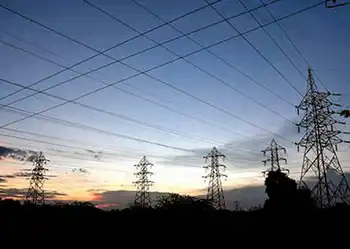
India's electricity demand falls at the fastest pace in at least 12 years
DELHI - India's power demand fell at the fastest pace in at least 12 years in October, signalling a continued decline in the industrial output, according to government data. Electricity has about 8% weighting in the country's index for industrial production.
India needs electricity to fuel its expanding economy but a third decline in power consumption in as many months points to tapering industrial activity in a nation that aims to become a $5 trillion economy by 2024.
India's industrial output fell at the fastest pace in over six years in September, adding to a series of weak indicators that suggests that…

